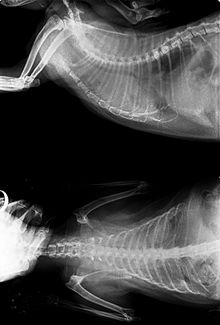lymphoma in cats stomach
Lymphoma is one of the most common malignancies in cats and gastrointestinal or GI lymphoma in cats is an increasingly common problem. Lymphoma in cats is now most commonly seen in the intestines.
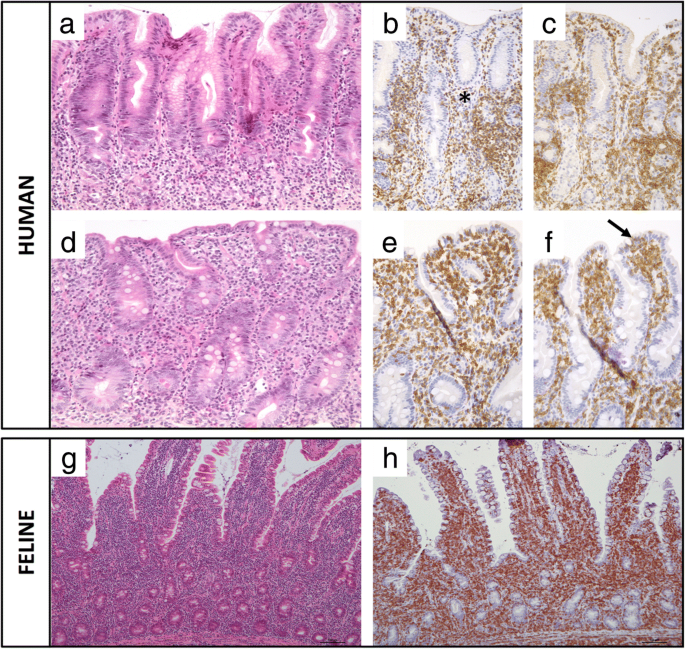
Feline Low Grade Alimentary Lymphoma An Emerging Entity And A Potential Animal Model For Human Disease Bmc Veterinary Research Full Text
This includes the stomach intestines and liver.

. At the end stage of lymphoma the cancer invades organs and bones -- any place where the lymphatic system connects. Feline GI lymphoma is histologically classified as low intermediate or high. Symptoms include vomiting diarrhea weakness and.
Surgical resection may be a reasonable consideration in cats with solitary lymphoma particularly those with large intestinal masses. Cats with B-cell lymphoma n 19 had a median survival of 35 months. Diagnoses included a mammary carcinoma gastric.
And stomach n 8. As with all varieties of this cancer GI lymphoma is a disease of the lymphatic system and targets cells called T-or B-lymphocytes. As well as some of the lymph nodes surrounding the intestines.
B-cell lymphomas occurred as transmural lesions in stomach jejunum and ileo-cecal-colic junction. Clinical signs of lymphoma in the gastrointestinal tract include weight loss vomiting diarrhea and often either a decreased or increased appetite. Feline gastric lymphoma which is also commonly referred to as Gastrointestinal Lymphoma or GI Lymphoma is a malignant cancerous tumor that disrupts the normal lining of the cats.
Gastrointestinal lymphoma refers to lymphomas wh See more. The blood tests are often normal but. Gastrointestinal lymphoma in cats is an increasingly common disease that can affect a cats small intestine stomach liver abdominal lymph nodes or large intestine.
Thirty-six of 40 cats survived to. Gastrointestinal GI or alimentary lymphoma is the most common form of lymphoma in cats. The purposes of this study were to describe cases of feline gastric lymphoma with regards to signalment clinical presentation laboratory and ancillary study findings response to therapy.
Feline GI lymphoma appears to occur as one of two major types with a portion of cats being affected by a more indolent small-cell. There are two forms of lymphocytes. Intestinal lymphomas usually cause poor eating weight loss diarrhea and vomiting.
Gastrointestinal lymphoma is a common cause of anorexia and weight loss in older cats with or without vomiting or diarrhea. Lymphoma may involve neoplastic proliferation of T or B or non-Bnon-T type lymphocytes occurring primarily in the. Most cats are feline leukemia virus-negative and feline.
Generally speaking the life. Cats with this type of lymphoma often have clinical signs consisting of vomiting. B and T cells.
Life expectancy of cats with lymphoma depends on many factors such as where the cancer is and how early it was diagnosed and treated.
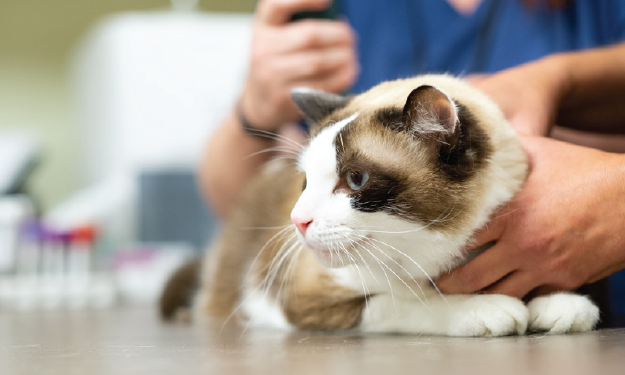
Lymphoma In Cats Signs Treatments Prognosis Ethos Veterinary Health
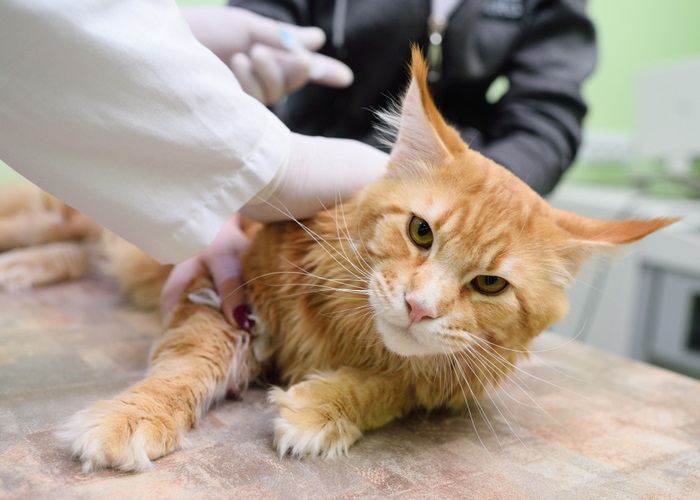
Lymphoma In Cats Symptoms Diagnosis Treatment All About Cats

My Oldie The Vet Thinks She Has Intestinal Lymphoma She Isn T A Good Candidate For Treatment So I Let Her Do Whatever The F She Wants Eat Ham For Dinner Sure Roll
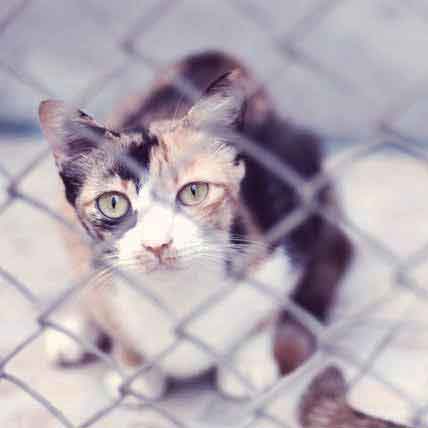
Cancer Lymphoma In Dogs And Cats

Leiomyosarcoma Stomach Cancer In Cats Huntersville Veterinary Surgeon Surgery For Leiomyosarcoma

Pdf Ultrasonography Of Feline Intestinal Lymphoma A Case Study

Lymphoma In Cats Great Pet Care
Tigger And Is It Ibd Or Lymphoma Wild Rose Cat Clinic Of Calgary

Alimentary Lymphoma In Cats And Dogs Veterinary Clinics Small Animal Practice

Living With Lymphoma Catwatch Newsletter
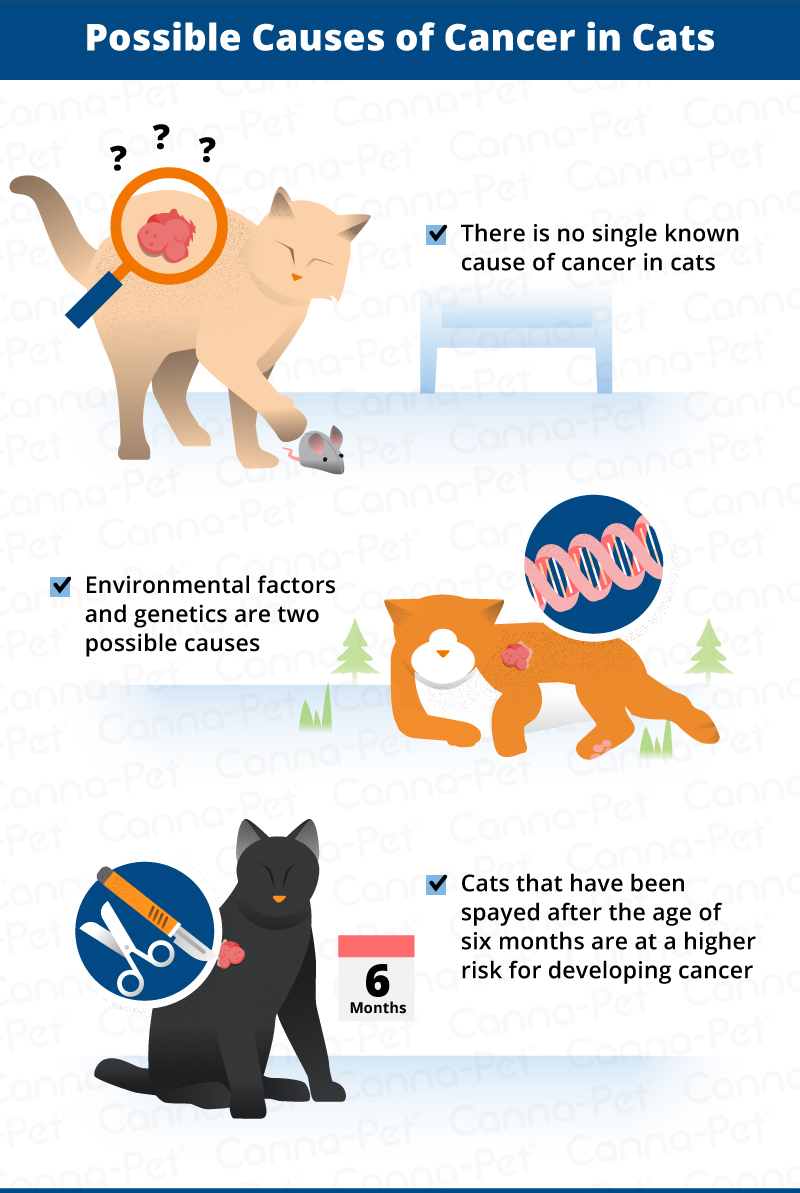
Cancer In Cats Causes Symptoms Treatments Canna Pet

Stomach Tumors Vca Animal Hospital
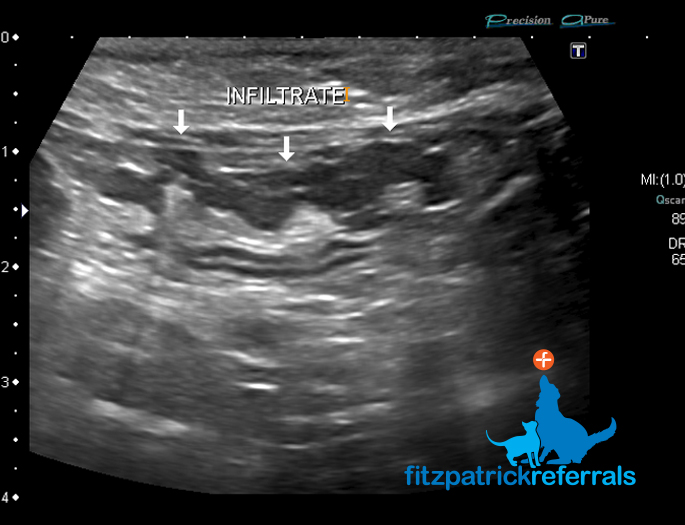
Spotlight On Feline Gastrointestinal Lymphoma Fitzpatrick Referrals

Stomach Cancer In Cats Causes Symptoms Treatment All About Cats
Lymphoma In Cats Symptoms And Treatment Dutch
This Is Sammy After 2 1 2 Months Of Trying Different Treatments He Is Getting An U S Of His Abdomen To Find Out What Is Making His Tummy So Upset I M Worried And
